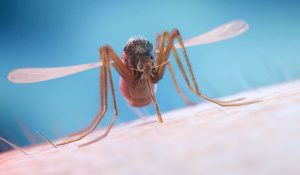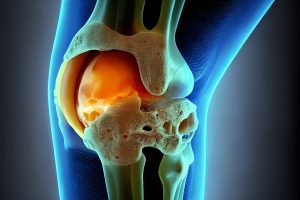Single dads have been played for laughs in countless TV sitcoms, from “The Andy Griffith Show” and “My Three Sons” up to modern takes such as “Arrested Development” and “Louie.”
But in real life, being a single dad is tough — so much so that it can lead to an early grave, Canadian researchers report.
“We found that single fathers had a threefold higher mortality compared to single moms and partnered dads, and a fivefold higher mortality compared to partnered moms,” said lead researcher Maria Chiu. She is a scientist with the Institute for Clinical Evaluative Services at the University of Toronto.
Over the course of a decade, you can expect six single dads to die versus two single moms, two partnered fathers and one partnered mother out of every 100 parents from each group, Chiu said.
Single-parent families headed by fathers are becoming more commonplace around the world, largely due to increasing rates of divorce, separation and children born out of wedlock, the researchers said.
More than 2.6 million households in the United States are headed by single dads, a ninefold increase since the 1960s, the study authors noted.
Despite this, most research on single parents has focused on single mothers, Chiu said. No study to date has compared the life expectancy of single dads, single moms and partnered couples.
To investigate, Chiu and her colleagues gathered data on just over 40,500 people who had taken part in the Canadian Community Health Survey, a long-term research effort. The participants included 871 single fathers, 4,590 single mothers, 16,341 partnered fathers and 18,688 partnered mothers, with an average age between 41 and 46 years at the time of the survey.
Participants completed questionnaires related to their lifestyle, diet and economic status. Researchers also looked up their health records to track their medical history.
After an average 11 years of follow-up, 693 people had died. Even though they were a smaller group, single dads were more likely to have passed away during the previous decade.
Single dads as a group start out with a lot of health disadvantages, the investigators found.
At the start of the study period, they were older and had a higher prevalence of cancer and heart disease. They also were more likely than partnered fathers to have been hospitalized or taken to the emergency department during the previous year.
Single fathers also were more likely to follow an unhealthy lifestyle, the findings showed. They ate fewer fruits and vegetables, for example, and were more likely to binge drink.
According to Dr. Matthew Lorber, a psychiatrist with Lenox Hill Hospital in New York City, these results reflect what women tend to bring to the table in a marriage — encouraging healthy behavior in both husband and kids.
“That maternal instinct in women isn’t just for children,” he said. “They’re taking care of husbands, as well. I would be very curious to see what a study would show for the health of children raised by a single father.” Lorber was not involved with the new study.
Chiu suspects that single dads also might not be as good at looking for help or social support as single moms are.
“On average, women are more likely to seek social support, whereas for the dads there are either real or perceived barriers,” Chiu said. “[Women are] more likely to engage in these social and community groups that are protective of their health.”
For example, single dads might be less willing to schedule “self-time” to unwind and relax with friends, Chiu added.
“Just taking the time to care for yourself and go out there with your friends — as moms, we naturally think that’s important,” she said. “For dads, that doesn’t come as naturally.”
Also, single dads are more likely to be alone because they’ve been widowed, and bereavement could be playing a role in their poor health, Chiu suggested.
Friends can help by reaching out to single dads who’ve recently been widowed or divorced, to provide support that the men might not realize they need, Chiu said.
The study findings were published online Feb. 14 in The Lancet Public Health.
More information
The National Parent Helpline has more about being a single parent.
Copyright © 2024 HealthDay. All rights reserved.













-300x200.jpeg)
-300x213.jpeg)










